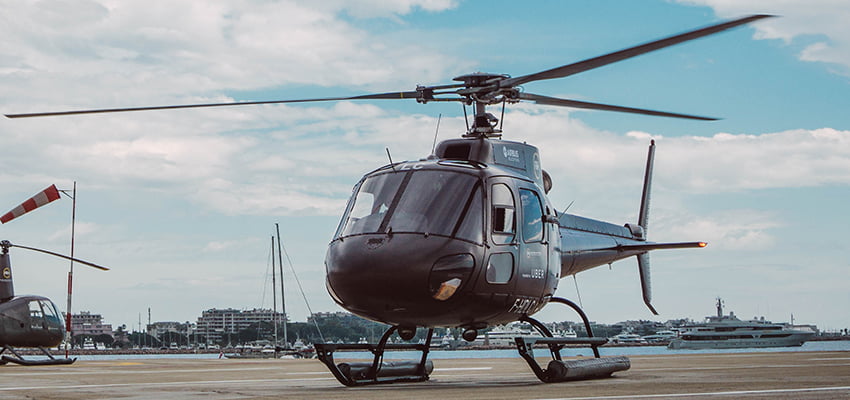UBER Air may have implications for the movement of freight as well as people, a respected economist says.
The international tech company announced this week that Melbourne would be the third city to test Uber Air, the aerial ridesharing scheme sometimes known as “flying taxis”.
RMIT economist and emeritus professor, David Hayward, suggested Amazon might be considering similar concepts.
“I think the biggest implication is that in trying to find a commercially feasible way to shift people and their luggage around in nimble ways, Uber will no doubt identify new ways of moving select types of high value goods around too,” Professor Hayward said.
“I would not expect this to be a big market. But it might be another way premium subscribers can get access to online purchases, for example, much more quickly than the rest.
“My money would be on Amazon though being the key player here.”
Professor Hayward said probably the biggest thing to note was the key technologies behind Uber Air were the product of inventions driven by investment by the US military and NASA.
“There inevitably will be military logistical spinoffs from this — maybe even how you supply autonomous weapons without people being around when that’s done — and that’s the space I would be watching most,” he said.
Victorian Transport Association chief executive Peter Anderson said while the Uber Air concept was interesting, there was a long way to go before it had an impact.
“So many good ideas just do not get past regulations,” Mr Anderson said. “We can all have good ideas but I believe we have a long way to go to ensure that a sustainable commercial model is developed and implemented outside of the current regulations.”

